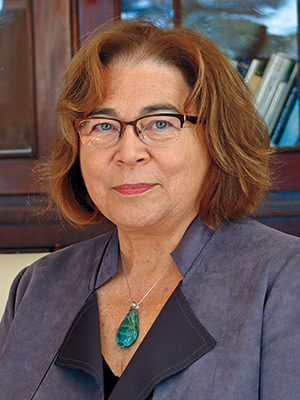
Professor of Global Health & Social Medicine
We live in an age of transformative scientific powers, capable of changing the very nature of the human species and radically remaking the planet itself.
Advances in information technologies and artificial intelligence are combining with advances in the biological sciences; including genetics, reproductive technologies, neuroscience, synthetic biology; as well as advances in the physical sciences to create breathtaking synergies – now recognized as the Fourth Industrial Revolution.
These new powers hold great promise for curing and preventing disease, improving agricultural output, and enhancing quality of life in many ways. However, no technology is neutral – and the powers of the Fourth Industrial Revolution certainly are not.
Since these technologies will ultimately decide so much of our future, it is deeply irresponsible not to consider together whether and how to deploy them. Thankfully there is growing global recognition of the need for governance. Professor Klaus Schwab, Executive Chairman of the World Economic Forum, for example, has called for “agile governance,” achieved through public-private collaborations among business, government, science, academia and nongovernmental civic organizations. Wendell Wallach and Gary Marchant, both scholars in this area, have proposed “governance coordinating committees” or GCC’s that would be created for each major technology sector and serve as honest brokers.
Whatever forms governance takes, and it will (and should) take many forms, we need to make sure that governing bodies and public discussion address four critical questions. The answers to these questions will require both scientific input and a willingness to discuss the ethical and social implications of the choices we face.
Read the full article at World Economic Forum
Mildred Solomon is Professor of Anaesthesia at Harvard Medical School and a core faculty member of the HMS Center for Bioethics, where she directs the school’s Fellowship in Bioethics. Professor Solomon is also the president of The Hastings Center, an independent research institute in Garrison, NY that explores ethical issues in health, health care and the life sciences.